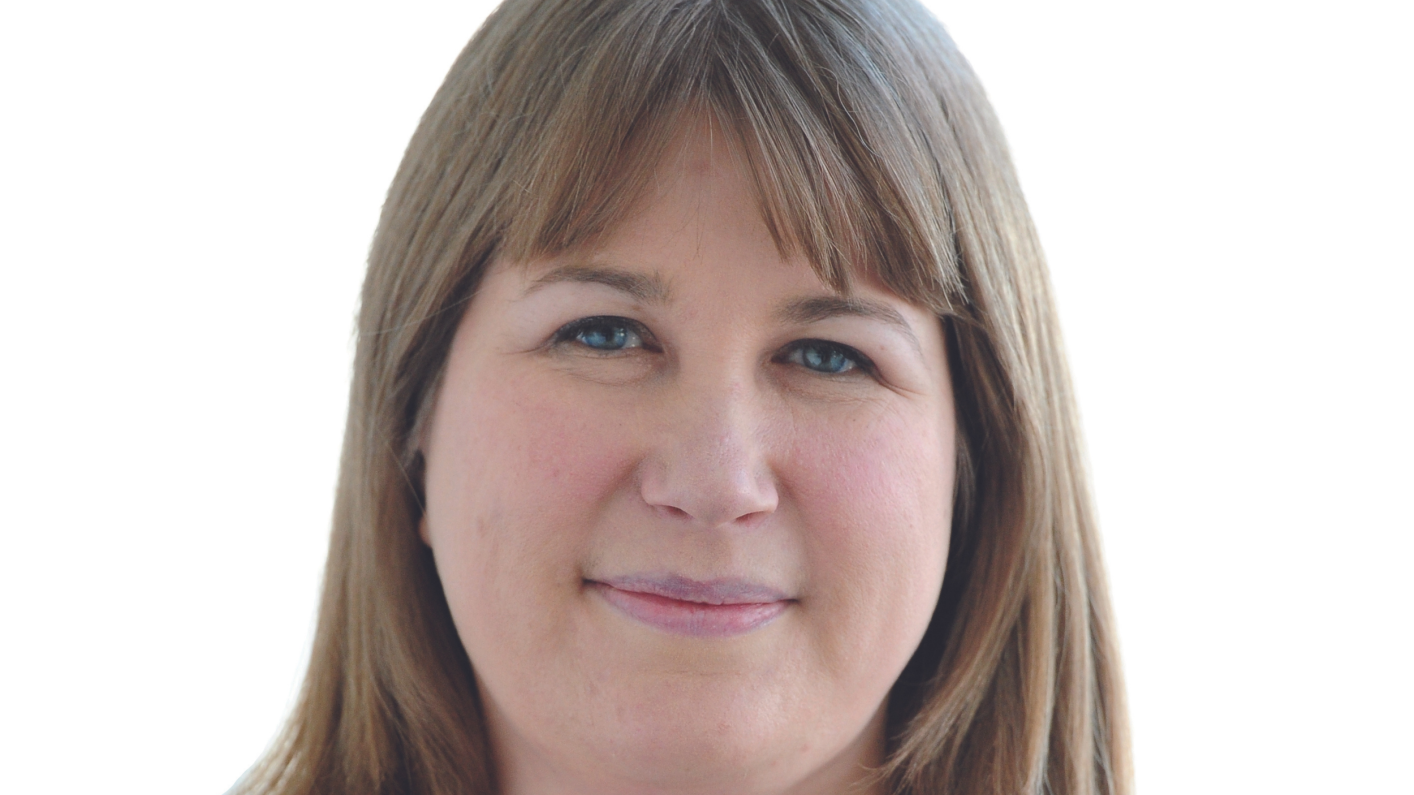News / Finance directors call for 2024/25 planning realism
Finance directors have issued a plea for greater realism in the expectations placed on the service, operationally and financially, along with greater flexibility to spend resources over a longer time, as they look to finalise plans for 2024/25.

The HFMA undertook a temperature check of chief finance officers at the end of February and into March (before the spring Budget), with the results being used to inform discussions with NHS England.
Initial responses reveal finance leaders feel under extreme pressure to deliver misaligned objectives. One finance director pointed at the various challenges that were often pulling in different directions: deliver finance balance across systems; reduce waiting lists in all sectors; reduce whole-time equivalents; and be more productive while holding open all beds introduced in 2023/24.
‘Under current circumstances, it will not be possible to deliver a break-even position,’ said another chief finance officer. ‘That is not because we have a lack of controls or because we do not know how to deliver the best value for health and well-being for the resource we are given. It is because we are being asked to do much more than the resource will pay for.’
There are numerous references to the need for greater realism around the level of inflation, achievable efficiency, operational requirements and the timescale for recovery, with one director saying there needed to be acceptance that NHS finances would take five to 10 years to fix.
Workforce was a major issue for many respondents. One trust chief finance officer said their organisation was more successful in recruitment than a year ago, but that was coming at a huge cost, with the establishment now ‘unaffordable’ within existing resources.
There was agreement across the service that agency staff should be replaced with substantive staff wherever possible, but the reality is that it remains difficult to recruit to these positions.
Several finance directors said efficiency programmes or cost reductions of 4% or more were simply not sustainable – and there was no independent evidence that they were realistic.
The ongoing industrial action was also cited as a problem, increasing costs, reducing capacity and occupying planning and management time that would be better used looking to deliver improved services and value.
At the end of February, the government submitted its evidence to the three pay review bodies for Agenda for Change staff, doctors and dentists and senior managers. It called for pay recommendations to be ‘fair and affordable’ but restrained from providing the independent bodies with a cap for rises in 2024/25.
However, with industrial action ongoing with junior doctors, and consultants still to agree a revised offer, the service has not yet put the 2023/24 pay arrangements to bed.
The Royal College of Nursing has already registered its unhappiness at nurses receiving the ‘lowest pay rise in the public sector’ last year. In its own evidence to the pay review body, the union called for additional payments worth ‘several thousand pounds’ in addition to a ‘substantial’ above inflation pay rise in 2024/25.
Settling the strike action would open up better clinical engagement with staff as well as avoiding unnecessary costs, finance directors said.
Capital is another constraint. ‘Operational capital is insufficient to support medium-scale investment in infrastructure,’ said one chief finance officer. Others called for capital to be allocated earlier in the year – and to end the practice of ‘dropping capital allocations at the last minute’.
Another added that increased capital support was essential for transformation.
One director called for ‘longer term planning certainty’. ‘Relax the rules on annual capital spend,’ they said. ‘Better value and better projects will result from flexibility around the spending of annual allocations over a more flexible timeframe.’
There were calls for better funding of social care, which would help to reduce the knock-on impacts on the NHS of delayed discharges of medically fit patients, while also helping to keep people out of hospital in the first place.
The survey also explored the pressure on finance leaders. More than half of the chief finance officers to have responded by early March said they were under quite a lot of pressure and were struggling to manage it.
While some said this was made easier by having a supportive board and as a result of experience, others said the pressure definitely felt more intense this year. This is also true for organisations in a break-even position, with pressure to post a surplus next year.
‘This is very difficult to justify to an organisation where the reason we are able to break even is because we have been stricter in our financial governance than others,’ they said.
HFMA director of policy and research Emma Knowles (pictured) said finance directors were keeping a lot of plates spinning, with the vast majority reporting increasing pressure compared with previous years.
‘This pressure is coming from system partners as well as NHS England. And it has been compounded by delays to the planning guidance and the ongoing industrial action, which is adding financial and operational pressures, while also occupying significant amounts of time to prepare for and manage,’ she said.
‘There needs to be greater realism about what can be delivered within the available resources – something has to give. And there must be greater recognition of the pressure that finance leaders, their teams and organisations are under.’
Related content
We are excited to bring you a fun packed Eastern Branch Conference in 2025 over three days.
This quarterly forum will give CFOs national updates and attendees can discuss pressing issues with colleagues across the healthcare system.